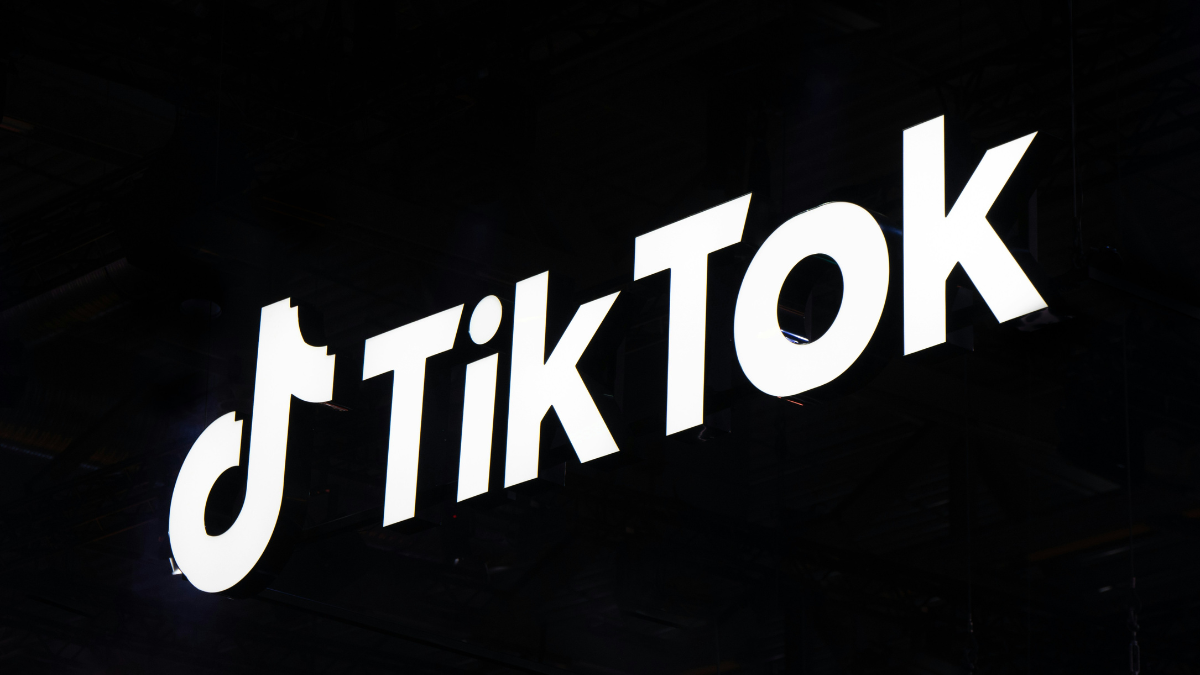If your work requires any understanding of culture — congratulations! We made it past summer 2024. Some people say it was quite mindful; others say it wasn’t very demure. One thing stayed constant: every brand kept talking about ‘trends.’
Before the word ‘trend’ became synonymous with TikTok memes, it was first tied to TikTok aesthetics. In her article ‘Trends Are Dead,’ Terry Nguyen of Vox notes that no one is quite sure what a trend means anymore. TikTok’s endless stream of aesthetic ‘cores’ flooded feeds, one after another, blurring the lines of what people are actually interested in.
Just five years ago, the word ‘trend’ epitomised cultural movements. In 2018, Cassandra, a youth agency specialising in trends (and my former employer) reported on how betterment was redefining how young people in the US and UK see themselves in life. In 2018, youth culture focused on self-improvement — not the typical self-help style, but a more fun, engaging approach centred on a deeper understanding of self. Brands played a major role in driving this conversation: 65% in the U.S. and 62% in the UK look to brands to help them become their best selves. Betterment was a ‘trend’. It decoded and unpacked the reasons, expressions, and ‘how’s of the brand’s platform in a completely new cultural context. It launched a revolution in how many brands think about a new generation of their audiences. A millennial-driven ‘girl boss’ culture suddenly became irrelevant, as Gen Z wanted the world to be uplifting and for people to simply be better overall.
This trend then became a part of strategy platforms for some major brands, including American Eagle. The result? American Eagle brought the power of self-expression into the spotlight: when you feel your best, you act your best. And one of the AE’s sub brands, Aerie, was one of the first to drive awareness around eating disorders. It was the brand’s propelled ‘betterment’ in action.
In less than seven years, the word ‘trend’ has become the latest victim of semantic inflation
This phenomenon is where culture takes a word with a clear meaning and overuses it until it loses that meaning. Now when terms like ‘decode’ and ‘unpack’ are paired with ‘trend,’ they sound like a pitch from a snake oil salesman. After all, what’s the point of decoding anything when the algorithm-driven waves of contemporary culture will quickly wash away whatever is subtle, only to then surface the next viral brat in finance? Plus, as some people say, ‘Trends aren’t that deep.’ Semantic inflation doesn’t just alter definitions — it also changes how we engage with these words in a cultural context. What was once deep, strategic, and long-term has been reduced to shallow, fleeting moments.
Today, even those who work in the trend and consumer research industry can barely understand one another. Considering Terry’s article again: are trends dead, or has the meaning of the word ‘trend’ just been inflated so much that it can no longer describe an audience-led movement that gives voice to unresolved cultural conflicts?
Right now, two very different phenomena are being called the same thing. When looking at data footprints, here is what a meme looks like, and here is the data imprint of ‘cultural insight.’ While one spikes in culture and burns through it, cultural movements stick around and represent a major cultural force that can redefine what’s next in culture. Both are helpful on their own, but they don’t mean the same thing.
Can the trend research industry reclaim the word?
Well, it seems like the answer is no. This is not the first time that algorithm-propelled trend cycles have altered the deep and strategic definitions of words previously used in professional and niche contexts. While not similar in meaning, the words ‘gaslight’ and ‘narcissism’ have gone through a similar semantic inflation. Now, their meanings have little resemblance to what the DSM (Diagnostic and Statistical Manual of Mental Disorders) originally defined them as.
Today, every other reality TV show throws around therapy speak. The sentence ‘He is gaslighting me’ means ‘he is lying to me,’ and has barely anything to do with manipulating someone into questioning their sanity or sense of reality — the original definition of the term.
The question then becomes — what do we do? While all communication involves some degree of miscommunication, what do you do when no one understands what ‘trend’ means anymore? If the word ‘trend’ has been inflated to the point where it means too many things to too many people, perhaps it’s time to let it go. Maybe it’s time to replace — or rebrand — this industry-wide term with something that actually reflects what we do. What if we used ‘cultural insights’ instead of ‘trends’?
Intuitively, ‘cultural insights’ means exactly what it sounds like: a deeper understanding of culture, allowing us to grasp the nuances of audience-led movements that give voice to unresolved cultural conflicts. According to how things usually go, the term ‘cultural insights’ has about two years left, but we can always rebrand it, too.
Featured image: Jonathan Kemper / Unsplash

